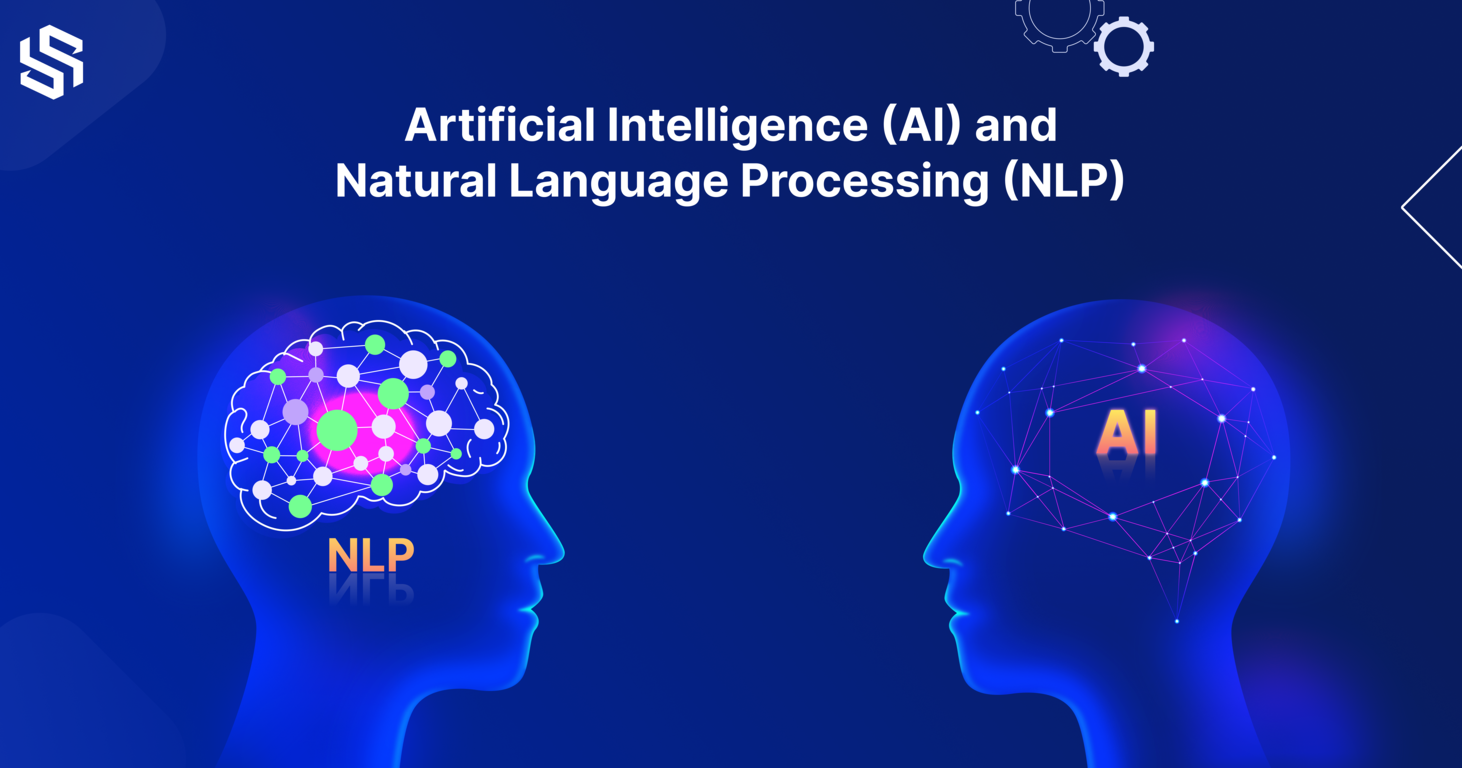Artificial Intelligence Trends In Natural Language Processing Advancements
Artificial Intelligence Trends in Natural Language Processing Advancements

Description
The field of artificial intelligence has witnessed remarkable progress in recent years, particularly in the domain of natural language processing (NLP). These advancements are transforming how machines understand, interpret, and generate human language, enabling applications that were once considered science fiction. From improving customer service to enhancing healthcare diagnostics, the impact of these innovations is profound. This article explores key trends in NLP advancements, their significance, and practical tips for leveraging these technologies effectively.
Enhanced Language Models
Modern language models have achieved unprecedented levels of accuracy and fluency in text generation and comprehension. These models, trained on vast datasets, can now perform tasks such as translation, summarization, and sentiment analysis with remarkable precision. Their ability to understand context and nuances in language has opened new possibilities for automation and human-machine interaction.
Multilingual Capabilities
One of the most significant breakthroughs is the development of models capable of processing multiple languages seamlessly. This advancement is breaking down language barriers, enabling global communication and collaboration. Businesses can now reach diverse audiences more effectively, while researchers can access and analyze data from different linguistic sources.
Contextual Understanding
Earlier systems struggled with context, often producing irrelevant or inaccurate responses. Recent advancements have introduced models that can maintain context over extended conversations, making interactions more natural and meaningful. This improvement is particularly beneficial for applications like virtual assistants and chatbots, where understanding user intent is critical.
Ethical and Responsible AI
As NLP technologies become more powerful, there is a growing emphasis on ethical considerations. Researchers are focusing on reducing biases in language models, ensuring fairness, and promoting transparency. These efforts are crucial for building trust and ensuring that AI systems are used responsibly across various sectors.
Real-Time Processing
The ability to process and analyze language in real-time is another notable trend. This capability is essential for applications like live transcription, instant translation, and dynamic content generation. Real-time processing enhances user experiences by providing immediate and accurate responses.
Four Tips for Leveraging NLP Advancements
Invest in Quality Data
High-quality, diverse datasets are the foundation of effective NLP systems. Ensuring that data is clean, representative, and free from biases is essential for training robust models.Focus on User Experience
When implementing NLP solutions, prioritize user-centric design. Systems should be intuitive, responsive, and capable of understanding user needs to deliver meaningful interactions.Stay Updated on Ethical Guidelines
As ethical concerns around AI grow, staying informed about best practices and regulatory requirements is crucial. Adopting ethical frameworks ensures responsible deployment of NLP technologies.Collaborate with Experts
Partnering with AI and NLP specialists can help organizations navigate the complexities of these technologies. Expert guidance ensures that solutions are tailored to specific needs and deliver optimal results.
Frequently Asked Questions
What are the primary applications of advanced NLP technologies?
Advanced NLP technologies are used in various applications, including virtual assistants, sentiment analysis, machine translation, content generation, and healthcare diagnostics. These tools enhance efficiency and accuracy across industries.
How do multilingual NLP models benefit global businesses?
Multilingual NLP models enable businesses to communicate with customers and partners in their native languages. This capability fosters better relationships, expands market reach, and improves customer satisfaction.
What challenges do NLP systems face in understanding context?
NLP systems often struggle with ambiguous language, sarcasm, and cultural nuances. While recent advancements have improved contextual understanding, ongoing research is needed to address these challenges fully.
Why is ethical AI important in NLP development?
Ethical AI ensures that NLP systems are fair, unbiased, and transparent. Addressing ethical concerns builds trust and prevents potential harm caused by biased or irresponsible AI applications.
Can NLP technologies process languages with limited digital resources?
Processing low-resource languages remains a challenge due to the lack of sufficient data. However, researchers are developing techniques like transfer learning to improve performance for these languages.
How can organizations ensure the responsible use of NLP technologies?
Organizations should adopt ethical guidelines, conduct regular audits, and involve diverse stakeholders in decision-making processes. Transparency and accountability are key to responsible AI deployment.
Conclusion
The advancements in natural language processing are reshaping the way humans interact with machines, offering unprecedented opportunities for innovation and efficiency. From multilingual capabilities to real-time processing, these trends are driving progress across industries. By understanding and leveraging these developments, organizations can unlock new possibilities while addressing ethical considerations. As the field continues to evolve, staying informed and adopting best practices will be essential for harnessing the full potential of these transformative technologies.
Comments
Post a Comment